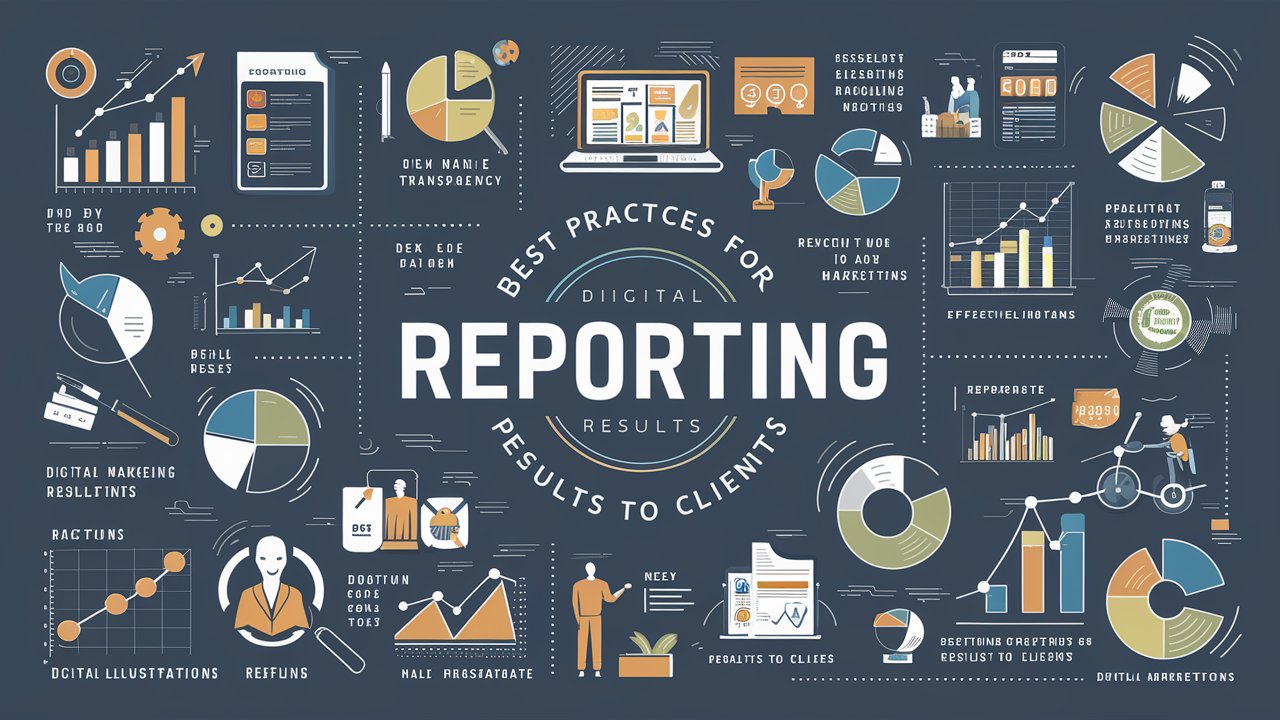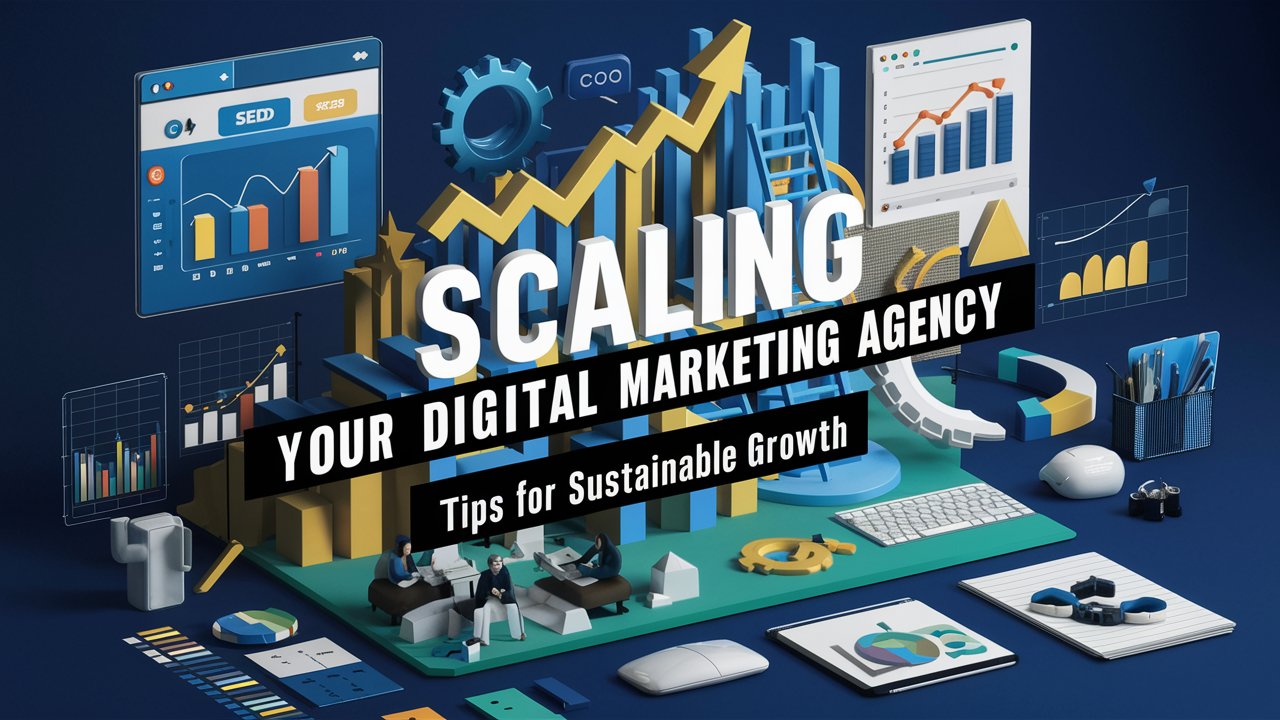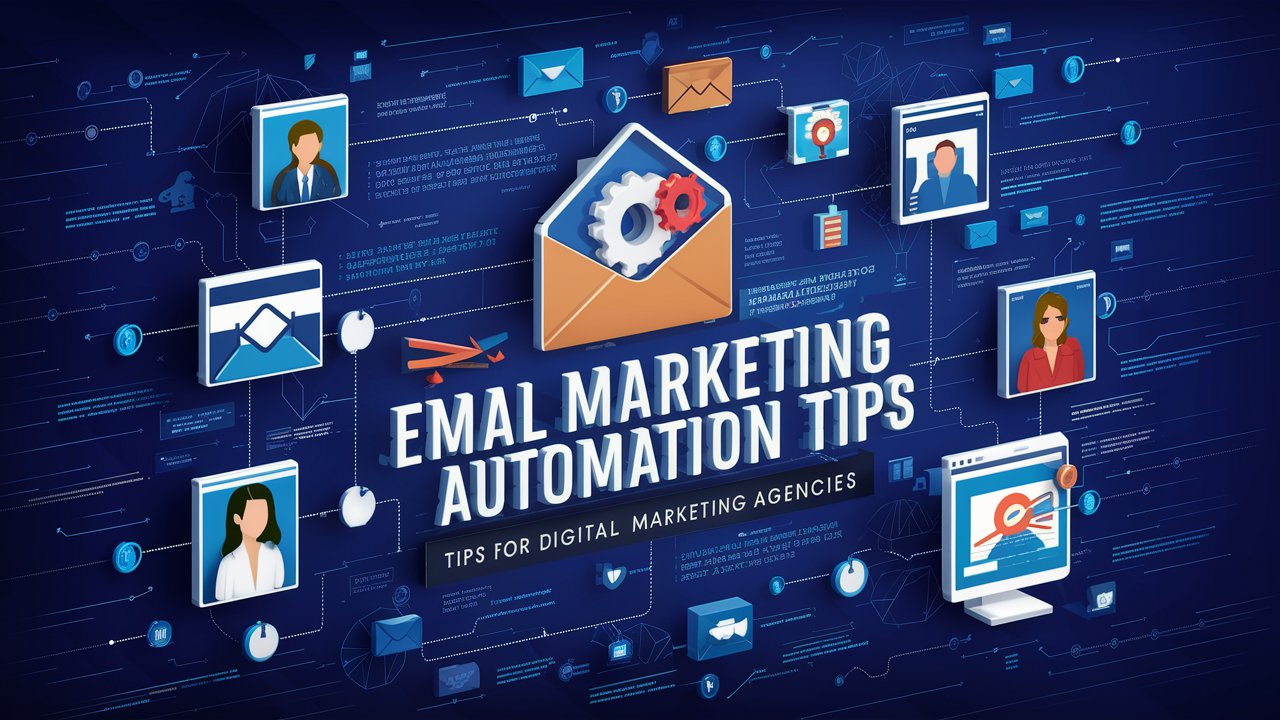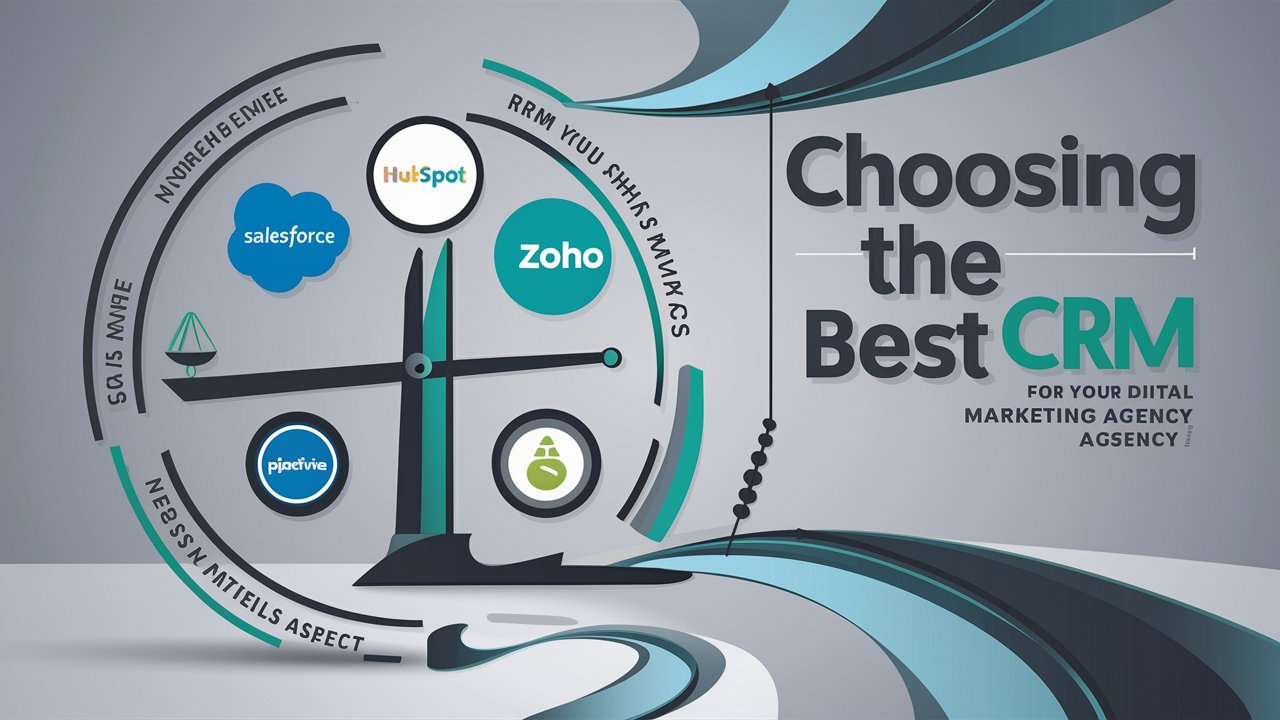Introduction
Pay-per-click (PPC) advertising remains one of the most powerful tools for driving targeted traffic and generating leads. For digital marketing agencies, crafting effective PPC campaigns is crucial to delivering high returns on investment (ROI) for clients. This comprehensive guide will delve into strategies and best practices to help agencies design and manage PPC campaigns that maximize results and ensure client satisfaction.
1. Understand Client Goals and Audience
Keyword: PPC Campaigns for Agencies
Before launching any PPC campaign, it’s essential to understand the client’s business objectives and target audience. This initial step will guide your strategy and ensure alignment with the client’s goals.
- Conduct Client Interviews: Discuss with clients to understand their business goals, key performance indicators (KPIs), and target audience.
- Audience Research: Utilize tools like Google Analytics and Facebook Insights to gather data on the client’s audience demographics, interests, and online behavior.
2. Perform In-Depth Keyword Research
Keyword: PPC Keyword Research
Effective PPC campaigns begin with thorough keyword research. Identifying the right keywords is crucial for targeting the right audience and maximizing ad performance.
- Use Keyword Tools: Tools like Google Keyword Planner, SEMrush, and Ahrefs can help identify high-performing keywords relevant to your client’s industry.
- Focus on Intent: Choose keywords based on user intent—whether informational, navigational, or transactional—to ensure your ads reach users ready to convert.
- Long-Tail Keywords: Incorporate long-tail keywords for more precise targeting and reduced competition, which often leads to lower costs per click (CPC).
3. Craft Compelling Ad Copy
Keyword: Ad Copy for PPC Campaigns
The ad copy is the first thing users see, so creating compelling and relevant ad text is critical for attracting clicks and driving conversions.
- Write Clear and Persuasive Headlines: Ensure your headlines include primary keywords and are designed to grab attention.
- Highlight Unique Selling Points (USPs): Focus on what sets your client’s product or service apart from competitors.
- Include Strong Calls to Action (CTAs): Encourage users to take action with clear CTAs like “Buy Now,” “Get a Quote,” or “Learn More.”
4. Design High-Converting Landing Pages
Keyword: PPC Landing Page Optimization
A high-converting landing page is essential for turning clicks into conversions. Ensure that landing pages are optimized for the best user experience and performance.
- Match Ad Copy with Landing Page Content: Ensure consistency between your ad copy and landing page to meet user expectations and improve conversion rates.
- Optimize for Mobile: Ensure that landing pages are mobile-friendly, as a significant portion of traffic comes from mobile devices.
- Include Conversion Elements: Incorporate elements such as forms, buttons, and testimonials that facilitate easy conversions.
5. Set Up Effective Ad Targeting
Keyword: PPC Ad Targeting Strategies
Proper ad targeting ensures your ads reach the right audience, enhancing the likelihood of conversions and reducing wasted spend.
- Geographic Targeting: Target users based on specific locations relevant to your client’s business.
- Demographic Targeting: Use demographic data to target specific age groups, genders, and income levels.
- Behavioral Targeting: Leverage user behavior data to target individuals based on their online activities and interests.
6. Implement A/B Testing
Keyword: A/B Testing for PPC Campaigns
A/B testing is a vital practice for optimizing PPC campaigns. It involves testing different ad variations to determine which performs best.
- Test Ad Variations: Experiment with different headlines, ad copy, images, and CTAs to find the most effective combinations.
- Analyze Results: Use tools like Google Ads experiments to track performance metrics and make data-driven decisions.
7. Monitor and Analyze Performance
Keyword: PPC Campaign Performance Analysis
Regular monitoring and analysis are crucial for maintaining the effectiveness of your PPC campaigns.
- Track Key Metrics: Monitor metrics such as click-through rate (CTR), conversion rate, cost per conversion, and overall ROI.
- Use Analytics Tools: Leverage Google Analytics and PPC platform reports to gain insights into campaign performance and user behavior.
8. Optimize for Better Results
Keyword: PPC Campaign Optimization
Optimization is an ongoing process that involves refining your campaigns based on performance data.
- Adjust Bids and Budgets: Modify bids and budgets based on keyword performance and overall campaign goals.
- Refine Targeting: Continuously update targeting settings to focus on high-performing audience segments.
- Update Ad Copy and Landing Pages: Regularly refresh ad copy and landing page content to maintain engagement and improve conversion rates.
9. Stay Updated with PPC Trends
Keyword: Latest PPC Trends
The digital advertising landscape is constantly evolving. Stay informed about the latest trends and updates to ensure your campaigns remain competitive.
- Follow Industry News: Keep up with industry blogs, forums, and news sources to stay updated on new PPC features and best practices.
- Attend Webinars and Conferences: Participate in webinars and industry conferences to gain insights from experts and network with other professionals.
Conclusion
Creating effective PPC campaigns for digital marketing agencies involves a strategic approach that encompasses thorough research, compelling ad copy, targeted optimization, and continuous monitoring. By implementing these strategies and best practices, you can deliver high ROI for your clients and enhance your agency’s reputation for successful PPC management.
Call to Action
Ready to take your PPC campaigns to the next level? Contact us today for expert advice and personalized strategies to drive exceptional results for your business!









